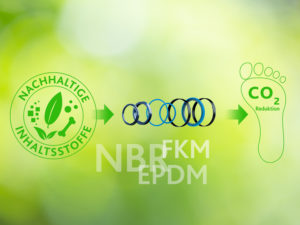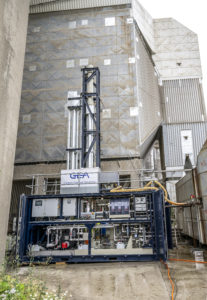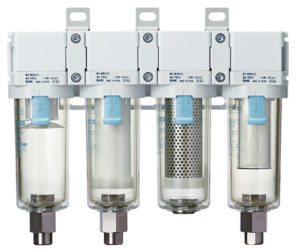ABS unterstützt Sydney eine funktionssichere Wasseraufbereitungsanlage zu betreiben
Die Sommerolympiade ist das weltgrößte Sportevent des Jahres, mehr als 15000 Sportler und Funktionäre sind versammelt. Die Olympiade stellt hohe Anforderungen an die Wasserversorgung und -entsorgung in dem Gebiet und es wurden viele Investitionen in moderne Technologie getätigt.
The Summer Olympics is the world’s greatest sporting event, and more than 15,000 athletes and officials are gathered at the Olympic Games 2000 in Sydney. The Olympics puts high demands on the water supply and water treatment in the area, and a lot of investments have been made in modern technology.
ABS has delivered pumps to one of the world’s largest single water filtration plants, which provides water to 85% of the Greater Sydney area. ABS recently also supplied pumps and mixers for the upgrade of the Cronulla water treatment plant, serving half a million people in Sydney.
Adequate water supply and reliable water treatment are two critical factors for any city and especially for Sydney, hosting the 2000 Olympics. To meet the high requirements, a lot of investments have been made in new infrastructure and technology, for the benefit of the increased population in the area and the Olympic Games.
ABS upgra参与了几个项目ding and construction of new plants, including one of the world’s largest single water filtration plants with 33 ABS pumps installed. The plant provides potable water to 85% of the Greater Sydney area.
Modern technology to meet high demands
最近,ABS泵和提供mixers for the upgrade of the treatment plant Cronulla, where a new secondary and tertiary plant have been constructed along with an upgrade of the existing primary plant. With these three steps for cleaning, a proper purification of the sewage is ensured according to today’s environmental demands. After the cleaning process has been completed using UV disinfection, the treated sewage is pumped directly into the sea.
The ABS pumps are operating in various applications of the plant, and the installation includes several types of wastewater pumps, recirculation pumps and lifting pumps. 19 ECOMIXR submersible mixers are also installed, for example in the new biological reactor and in the denitrification tanks.
With the pumps and mixers from ABS, the treatment plant has been extended to a dry weather inflow capacity of 62 million litres per day. In storm water condition, the capacity goes up to 185 million litres per day.The Cronulla treatment plant has a size of 500.000 population equivalence.







